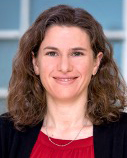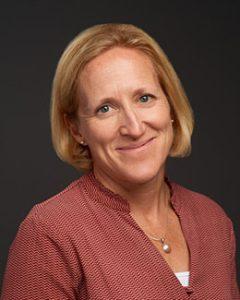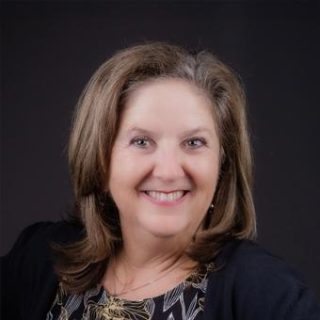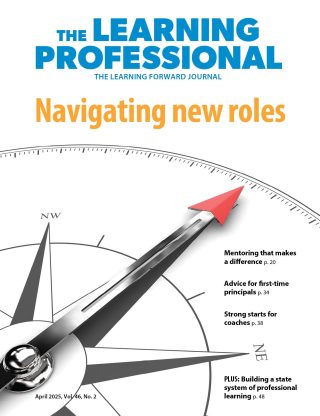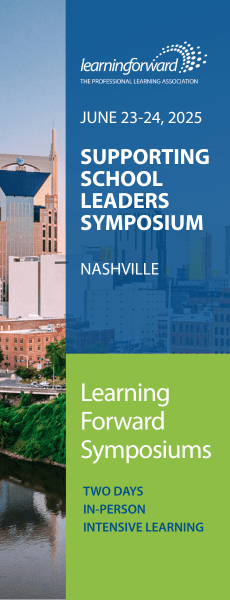FOCUS
Teacher expertise makes high-quality curriculum work
By Katherine L. McNeill and Renee Affolter
October 2024
Read the remaining content with membership access. Join or log in below to continue.
Sed ut perspiciatis unde omnis iste natus error sit voluptatem accusantium doloremque laudantium, totam rem aperiam, eaque ipsa quae ab illo inventore veritatis et quasi architecto beatae vitae dicta sunt explicabo. Nemo enim ipsam voluptatem quia voluptas sit aspernatur aut odit aut fugit, sed quia consequuntur magni dolores eos qui ratione voluptatem sequi nesciunt. Neque porro quisquam est, qui dolorem ipsum quia dolor sit amet, consectetur, adipisci velit, sed quia non numquam eius modi tempora incidunt ut labore et dolore magnam aliquam quaerat voluptatem.
References
Harris, C.J., Penuel, W.R., D’Angelo, C.M., DeBarger, A.H., Gallagher, L.P., Kennedy, C.A., Cheng, B.H., & Krajcik, J.S. (2015). Impact of project-based curriculum materials on student learning in science: Results of a randomized controlled trial. Journal of Research in Science Teaching, 52(10), 1362-1385.
Lowell, B.R., Fogelman, S.E., & McNeill, K.L. (2024). Organizational sensemaking during curriculum implementation: The dilemma of agency, role of collaboration, and importance of discipline-specific leadership. Science Education, 108(5), 1448-1473.
Lowell, B.R. & McNeill, K.L. (2023). Changes in beliefs and confidence over time: A longitudinal study of science teachers engaging in storyline curriculum-based professional development. Journal of Research in Science Teaching, 60(7), 1457-1487.
McNeill, K.L., Affolter, R., Lowell, B.R., Moore, A.T., Moreno Vera, M.A., & Lee, S. (2024). Professional learning to support teachers’ customization of middle school science curriculum to support equitable sensemaking [Paper presentation]. Annual meeting of NARST: A worldwide organization for improving science teaching and learning through research, Denver, CO.
McNeill, K.L., Lee, S., Zhang, Y., Moore, A.T., Buell, J., Reiser, B., Affolter, R., Fine, C., & Moreno Vera, M.A. (2024). Customization of curriculum materials as a site for identifying and taking action on shared problems of practice[Paper presentation]. Annual meeting of the International Conference of the Learning Sciences, Buffalo, NY.
Miller, E.A., Berland, L., & Campbell, T. (2024). Equity for students requires equity for teachers: The inextricable link between teacher professionalization and equity-centered science classrooms. Journal of Science Teacher Education, 35(1), 24-43.
Short, J. & Hirsh, S. (2020). The elements: Transforming teaching through curriculum-based professional learning. Carnegie Corporation of New York.
Wilson, S., Schweingruber, H., & Nielsen, N. (Eds.) 2015. Science teachers’ learning: Enhancing opportunities, creating supportive contexts. The National Academies Press.
Recent Issues
LEARNING DESIGNS
February 2025
How we learn influences what we learn. This issue shares essential...
BUILDING BRIDGES
December 2024
Students benefit when educators bridge the continuum of professional...
CURRICULUM-BASED PROFESSIONAL LEARNING
October 2024
High-quality curriculum requires skilled educators to put it into...
LEARNING TO PIVOT
August 2024
Sometimes new information and situations call for major change. This issue...



